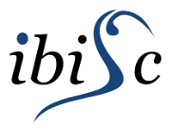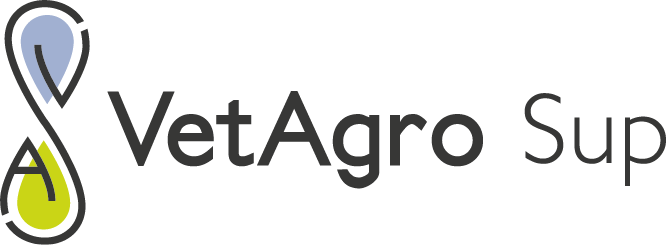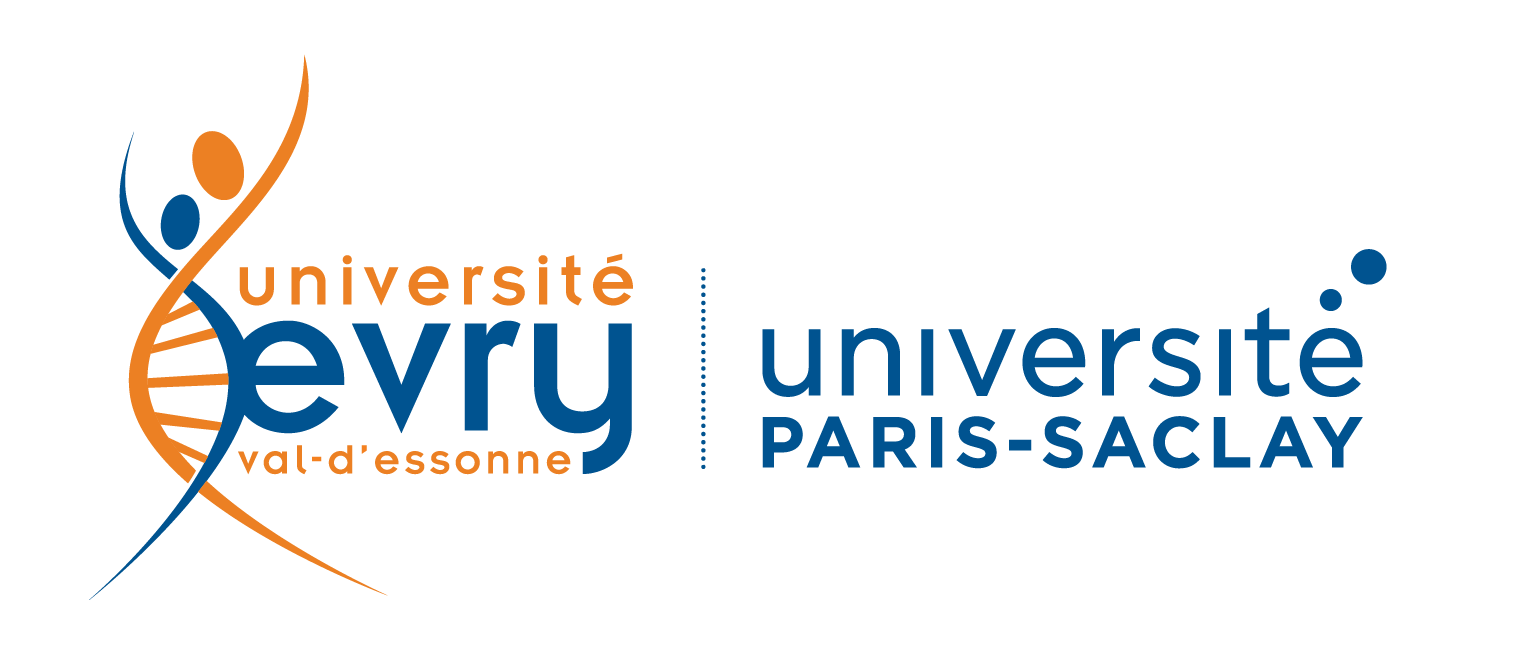News Invited speakers Call for abstracts Venue Committees Program Registration
News
| This event has been postponed, but replaced by a webinar. | |
| Invited speakers announced: Jean Clairambault and Mark D. Vincent. | |
| Registration is open. | |
| Workshop dates changed. | |
| Workshop officially announced. | |
| Added draft program. |
Postponement notice
We were expecting, until last week, to be able to federate enough people to discuss about cancer and atavism during a 3-days workshop.
Clearly, things did not take place as easy as we initially thought: too few people joined (less than 20), some canceled, and many prefer distant talks. “C’est la vie !” and we apologize but we think that it is unreasonable to maintain the event in such conditions, so we will cancel it in its actual form. We expect to re-schedule it as a joint workshop of a bigger conference, perhaps next year.
Nevertheless, we would like to maintain a webinar on Wednesday afternoon, June 8, via the following Zoom meeting:
Meeting ID: 912 0428 7393
Secret code: 325347
Invited speakers
15:00–16:00 Atavism, Extinction Theory and the Treatment of Cancer
Mark D. Vincent is a medical oncologist at the London Regional Cancer Centre, a part of Cancer Care Ontario, where his activities include the management of lung and gastrointestinal cancer, and laboratory research into the reversal of cytotoxic drug resistance by means of gene therapy. He is also an Associate Professor at the University of Western Ontario in the Department of Medicine, in the division of Medical oncology. His interests include the following subjects:
- translation of basic research into the clinic, and the design and conduct of clinical trials in lung and colorectal cancer,
- toxicity minimisation/avoidance and resistance reversal by means of gene-directed therapy and small molecule chemopotentiation.
16:00–17:00 From mathematical modelling by structured cell population dynamics for cancer plasticity to philosophy of cancer role of the atavistic theory
Jean Clairambault is emeritus senior scientist (directeur de recherche DR1) at INRIA Paris, MAMBA team. His research interests mainly focus on mathematical models for biology and medicine. He is particularly interested in the following subjects:
- evolution of phenotypes in cancer cell populations (“cell Darwinism”) towards drug resistance,
- physiologically structured partial differential equation models for cell population dynamics,
- pharmacotherapeutic optimisation in oncology w.r.t. toxic side effects and drug resistance.
Call for abstracts
The processes of biological evolution allowed for the progressive emergence of more and more complex systems within the living beings ranging from the first anaerobic unicellular organisms to modern multicellular organisms. Evolution also allowed for sustaining of some of these systems—ancient but still vital—and their integration in the gene expression mechanisms, as well as their coexistence with the more recent structures. Collective cellular life in complex organisms is an example of such conservation: a subtle dialogue occurring at multiple levels—from the immediate cellular neighborhood in the tissues, to the complex adhesion processes between the cells or the extracellular matrix, to the chemomechanical inductions in tissues and organs, to hormonal signalling at the organism level—ensures a harmonious functioning of the entire organism at different scales. A close look at various processes implied in cellular socialization, both from the ontological and from the phylogenetic points of view, reveals that they appeared at different stages of evolution. Isolated cells, like simple bacteria, first started by establishing a chemical dialogue, then developed the capacity of temporary adhesion (social amœbae), and then of collaborative construction of tissues and organs in the multicellular organisms we are familiar with today.
Just like in populations of the well-known social amœba Dictyostelium discoideum, or in human societies subjected to changes in the environmental conditions, the rules of interaction may be altered, affecting the cooperation between the individuals and the emerging social behavior. Eukaryotic cells are endowed with numerous genetic paraphernalia inherited from long ago which, once expressed again, render them highly adaptable to perturbations in their physicochemical and cellular environment. Indeed, evolution leaves a heritage in every modern cell, whose principal role is to maintain cellular life at all costs. It is a pledge for survival. The atavism is its re-expression.
The atavistic theory of cancer, introduced and developed in particular by P. Davies and M. Vincent [Davies, 2011; Vincent, 2011; Merali, 2014; Lineweaver, 2021], states that cancerous behavior in cells is the consequence of progressive deactivation of recently acquired physiological systems, occurring in parallel to the reactivation of earlier acquired systems. The cells can be therefore be seen as reactivating their survival program.
The goal of this large-scope workshop is to discuss and present works related to the atavistic theory of cancer. We thus expect to review the mechanisms of cancer emergence and development, the modelling strategies, and the existing therapeutic solutions, in particular the ones suggested by the atavistic theory of cancer. We also expect to consider how the classic approaches to treating cancer—well established and effective—make sense within this theory [Lineweaver, 2014].
- Davies, P. C., Demetrius, L., Tuszynski, J.A., Cancer as a dynamical phase transition. Theor Biol Med Model. (2011) 8:30
- Israel L., Tumour progression: random mutations or an integrated survival response to cellular stress conserved from unicellular organisms. J. Theor. Biol. 178 (1996) 375-380
- Lineweaver, C. H., Bussey, K. J., Blackburn, A. C., Davies, P. C., W. Cancer progression as a sequence of atavistic reversions. BioEssays, (2021) 2000305 DOI: 10.1002/bies.202000305
- Lineweaver, C. H., Davies, P. C. W., Vincent, M. D. Targeting cancer’s weaknesses (not its strengths): Therapeutic strategies suggested by the atavistic model, BioEssays (2014) 36 :827
- Merali, Z., Physicists’ model proposes evolutionary role for cancer. Nature (2014).
- Vincent, M., Cancer: A de-repression of a default survival program common to all cells? Bioessays (2011) 34:72
You can find the call for abstracts in English and in French here
 .
.
Scope
The scope of this workshop is intentionally large: classical approaches to fight cancer seem to show their limits. Therefore, it is necessary to consider innovative strategies. Interdisciplinary thinking is welcome notably on the following topics:
- oncology and cancer research,
- cancer therapy,
- genetic and metabolic control,
- cell and tissue biomechanics,
- biomechanical modelling,
- discrete dynamical systems,
- network medicine,
- network controllability and reprogramming,
- theory and applications of Boolean networks,
- mathematical modelling,
- morphogenetic modelling,
- model checking,
- inference,
- …
Venue
This event has been postponed.
The workshop was initially planned. at Université Grenoble-Alpes in Grenoble, one of Europe’s most important research centers, located in the Alps mountain range.
Committees
Organizing committee
| Nicolas Glade | TIMC laboratory, CNRS / Université Grenoble Alpes, Grenoble |
| Sergiu Ivanov | Paris-Saclay University, Univ. Évry, Évry-Courcouronnes |
| Angélique Stéphanou | TIMC laboratory, CNRS / Université Grenoble Alpes, Grenoble |







